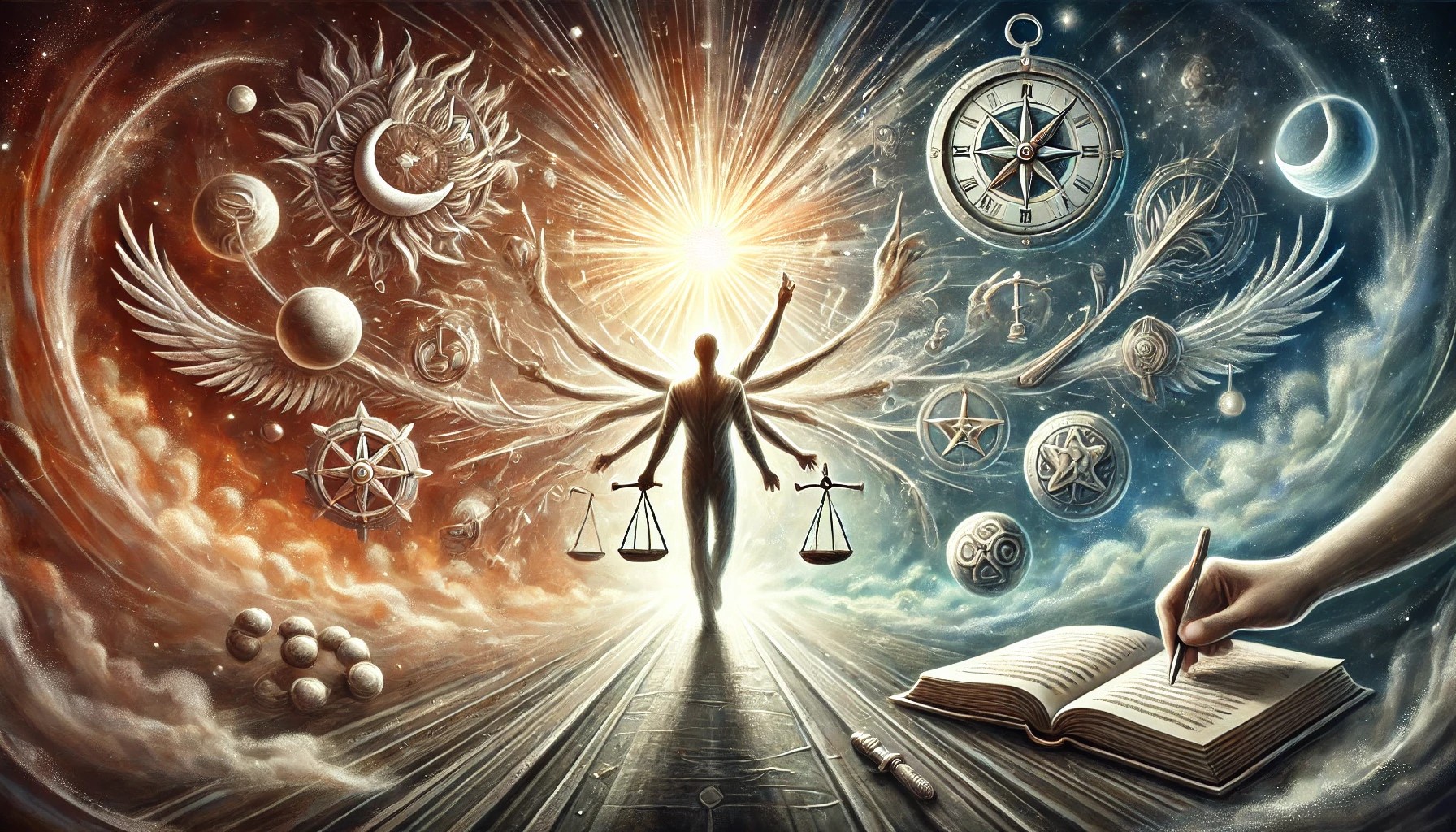
🏅 “Freedom is the will to be responsible to ourselves.”
Description: Friedrich Nietzsche, circa 1875.
Source: https://s-media-cache-ak0.pinimg.com/originals/04/10/0b/04100baec90c105729b47f33c371476b.jpg
Author: Friedrich Hermann (1822–1902)
Friedrich Nietzsche emphasizes that true freedom is rooted in personal responsibility. Take responsibility for your actions and decisions. Appreciate the freedom to shape your destiny. Own your choices and their outcomes, knowing that this accountability is the foundation of a liberated and fulfilling life. 🌟💪
Today, reflect on the decisions you make and the actions you take. Embrace the power you have to influence your own path. By taking responsibility, you empower yourself to make meaningful changes and pursue your goals with confidence. 🌿🧘♂️
Remember, owning your choices is not just about acknowledging successes, but also learning from mistakes. Celebrate the freedom that comes with being the author of your own story, and let each decision be a step towards the life you envision. 🌟🚀
Friedrich Nietzsche, born on October 15, 1844, in Röcken, Prussia (now Germany), was a profound and influential philosopher, cultural critic, poet, and philologist. Nietzsche’s work has had a lasting impact on Western philosophy, particularly through his critiques of traditional European morality and religion, and his development of concepts such as the Übermensch (Overman) and the will to power.
Nietzsche was raised in a devout Lutheran family, but he eventually grew critical of Christianity and the established moral values of his time. He studied classical philology at the University of Bonn and later at the University of Leipzig, where he was deeply influenced by the works of Arthur Schopenhauer and Richard Wagner.
At the remarkably young age of 24, Nietzsche was appointed a professor of classical philology at the University of Basel in Switzerland. However, his academic career was cut short due to health issues, which forced him to retire in 1879. Despite his debilitating illnesses, Nietzsche continued to write prolifically.
Some of Nietzsche’s most influential works include “Thus Spoke Zarathustra,” “Beyond Good and Evil,” “The Birth of Tragedy,” “The Genealogy of Morals,” and “Ecce Homo.” In these works, Nietzsche explored themes of individualism, existentialism, and the critique of traditional moral values. He famously declared, “God is dead,” reflecting his belief that the decline of religion and the rise of secularism required a reevaluation of humanity’s values and beliefs.
Nietzsche’s philosophy is often characterized by its emphasis on the creative potential of the individual and the importance of living authentically. His concept of the Übermensch, or Overman, represents an individual who transcends conventional morality to create their own values and meaning in life.
Nietzsche’s later years were marked by mental illness. In 1889, he suffered a mental collapse, possibly due to syphilis or a hereditary condition. He spent the remainder of his life in the care of his mother and sister until his death on August 25, 1900.
Despite the controversy surrounding his ideas, Nietzsche’s work has been highly influential, shaping modern philosophy, existentialism, postmodernism, and a wide range of cultural and intellectual movements. His ideas continue to provoke thought and inspire debates on morality, religion, and the nature of human existence.